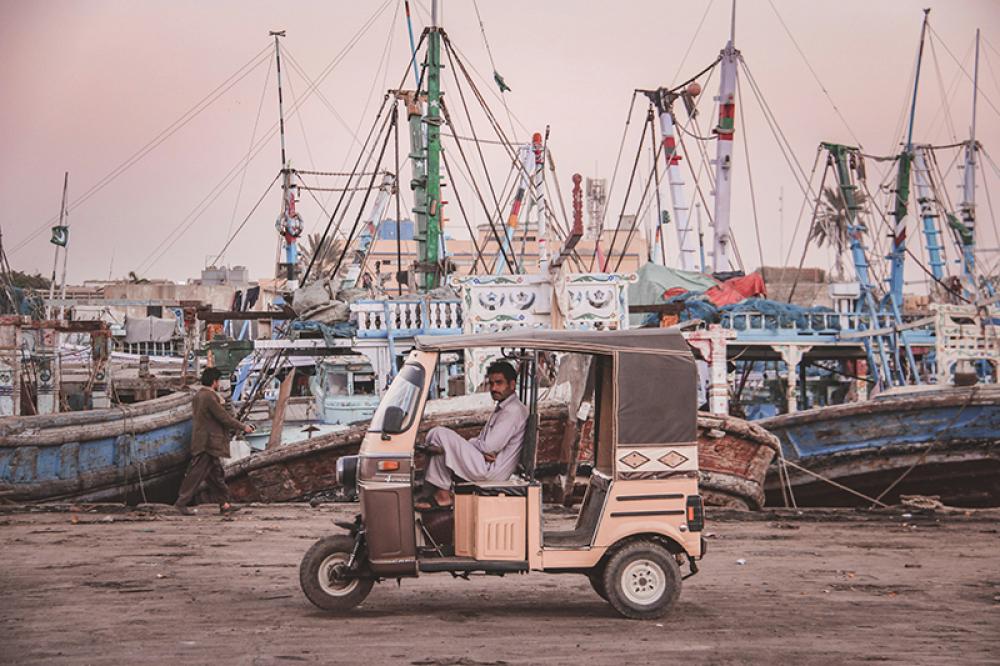Just Earth News | @justearthnews | 04 Apr 2024

Photo Courtesy: Unsplash
World Bank has said 40 percent of Pakistanis are currently living below the poverty line in the financially-hit nation.
Pakistan’s economy is expected to grow by only 1.8 percent in the current fiscal year ending June 2024.
According to World Bank’s latest Pakistan Development Update: Fiscal Impact of Federal State-Owned Enterprises released recently, this subdued recovery reflects tight monetary and fiscal policy, continued import management measures aimed at preserving scarce foreign reserves, and muted economic activity amid weak confidence.
The Update also highlights the high fiscal costs of federal state-owned enterprises (SOEs) and the critical reforms needed to improve their performance, efficiency, and governance, including via privatizations.
After a contraction in FY23, economic activity has strengthened over the first half of FY24 on the back of strong agricultural output.
Macroeconomic risks remain very high amid a large debt burden and limited foreign exchange reserves, reported World Bank.
“The structural reforms needed to durably improve the economic outlook are known. Developing a clearly articulated reform implementation plan that is ambitious, credible and that shows quick progress is now essential to restore confidence," said Najy Benhassine, World Bank Country Director for Pakistan. “In particular, better fiscal management will help to lower inflation, narrow the current account deficit, improve financial sector stability and increase credit to the private sector, all of which are critical for robust economic recovery.”
“The current macroeconomic outlook projects growth that is below Pakistan’s potential, with little poverty reduction and continued erosion of living standards,” said Sayed Murtaza Muzaffari, lead author of the report. “Risks to this outlook remain high, including uncertainty around policy commitments and reform implementation, financial sector risks, potential increases in world energy and food prices in the context of intensification of regional geopolitical conflicts, slower global growth, and tighter than expected global financing conditions.”